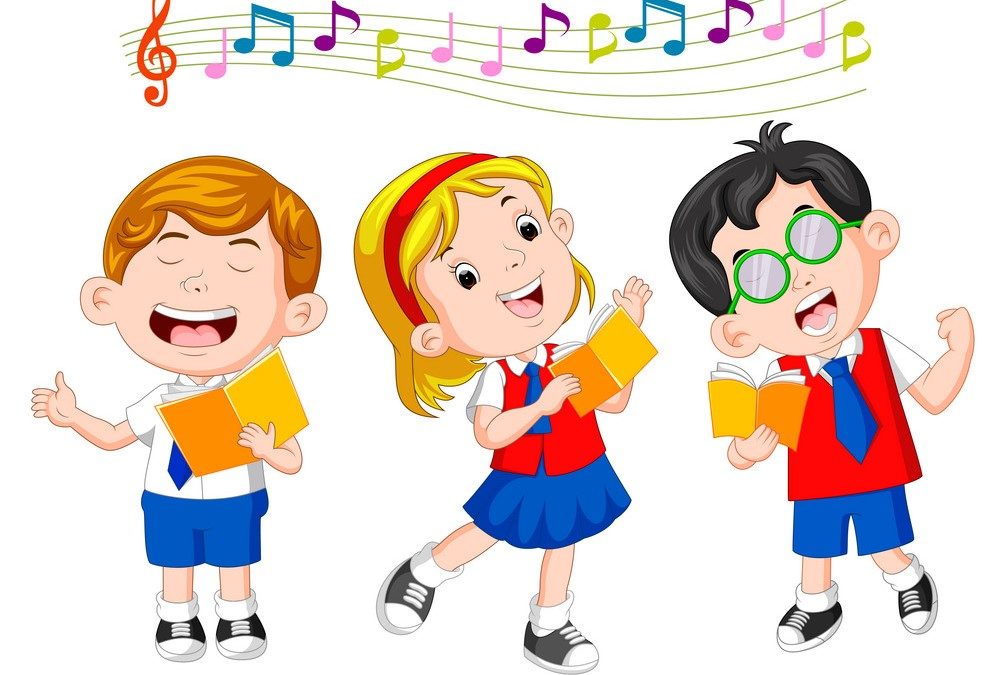
Jan 23, 2020
How often have you heard someone say, “that student is talented”? Perhaps you say this yourself? Why talented? The uniqueness of “talented” and its relative “gifted” implies natural ability requiring less effort. Therein lies a danger. Some people think the word encourages effort and builds self-esteem, but research suggests otherwise.
read more 
Jan 22, 2020
Many teachers habitually use praise as an attempt to improve children’s self-esteem. The hope is that praise leads to high self-esteem which in turn results in greater prospects for success and happiness. Does the evidence support this? Surprisingly, links between high self-esteem and academic performance are questionable at best and seem to lower academic achievement at worst.
read more 
Jan 21, 2020
In 2015, the Jubilee Centre for Character and Virtues at Birmingham University called for character education to be embedded in the UK curriculum. The report linked strong character traits such as resilience and perseverance to higher educational achievement, employability, social, emotional, and physical health. Character matters. How is it taught, cultivated and nurtured?
read more 
Jan 20, 2020
In educational psychology, much is said about the importance of cultivating growth mindsets in students. And rightly so, because students with a growth mindset work harder, embrace challenge, persist longer, learn from criticism, enjoy learning more and ultimate achieve more. But what about the critical role of teacher mindsets?
read more 
Jan 19, 2020
Those of us in the choral world witness first-hand the glorious and wide-ranging benefits of group singing. But not everyone understands how choral activity can transform people. If you are required to justify why choir is deserving of a place in the schedule or curriculum, the notes here may assist your case.
read more



